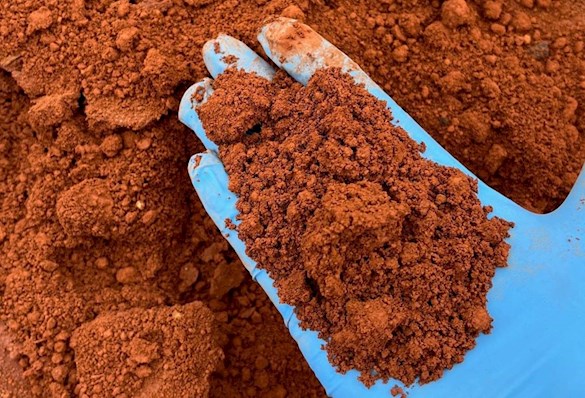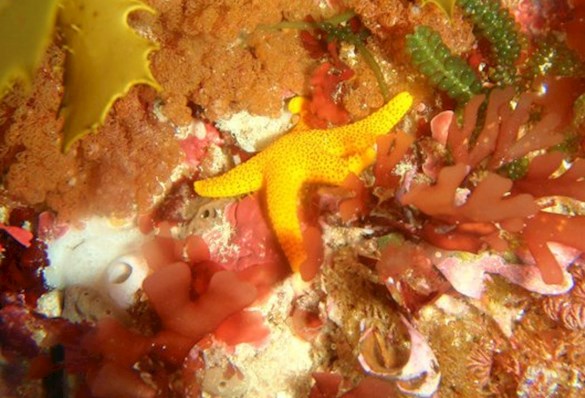
PROJECT
Spatial complexities in modelling marine and coastal habitat
Mapping marine and coastal vegetation (mangroves, seagrass, macroalgae, marsh)
Coastal environments and ecosystems in Western Australia are facing a time of unprecedented pressures, from a combination of population growth and climate change. Understanding and predicting future changes in our marine environment requires mapping and monitoring to assess impacts of current processes. Western Australia’s marine estate provides huge economic benefits to industries such as fisheries, trade, and tourism, and also has huge cultural and social significance with 85% of Australia’s population living within 50 km of the coast.
This project will develop a greater understanding of West Australian shallow marine habitat, including their extent, condition and relation to primary productivity through optical and structural modelling of habitat at a range of scales including satellite data, drones, and infield data.
Project goals:
- Determine habitat extent for key sites along the West Australian coast
- Assess broad-scale spatial and temporal habitat change dynamics from satellite and other acquired datasets
- Investigate fine-scale habitat spatial and temporal dynamics from new generation satellite, drones and field data
The successful student will collect field data to validate and model the spatial extent, and variability in marine and coastal habitat. They would model the distribution at various spatial and temporal scales using spatial and remote sensing methods.
Suggested readings
- Wernberg, T., Bennett, S., Babcock, R.C., De Bettignies, T., Cure, K., Depczynski, M., Dufois, F., Fromont, J., Fulton, C.J., Hovey, R.K. and Harvey, E.S., 2016. Climate-driven regime shift of a temperate marine ecosystem. Science, 353(6295), pp.169-172.
- Lovelock, C.E., Feller, I.C., Reef, R., Hickey, S. and Ball, M.C., 2017. Mangrove dieback during fluctuating sea levels. Scientific Reports, 7(1), pp.1-8.
- Hickey, S.M., Callow, N.J., Phinn, S., Lovelock, C.E. and Duarte, C.M., 2018. Spatial complexities in aboveground carbon stocks of a semi-arid mangrove community: A remote sensing height-biomass-carbon approach. Estuarine, Coastal and Shelf Science, 200, pp.194-201.
- Martínez, B., Radford, B., Thomsen, M.S., Connell, S.D., Carreño, F., Bradshaw, C.J., Fordham, D.A., Russell, B.D., Gurgel, C.F.D. and Wernberg, T., 2018. Distribution models predict large contractions of habitat‐forming seaweeds in response to ocean warming. Diversity and Distributions, 24(10), pp.1350-1366.
Research team leader: Dr Sharyn Hickey
My research interests focus on geographical elements of environmental systems, and how spatial and temporal models can examine environmental change and drivers of change. Particularly, investigating coastal and marine changes in habitat through Geographic Information Systems (GIS) and remote sensing data.
This project will be co-supervised by Dr Ben Radford. Ben is a spatial modeller that works on benthic habitat.
This project will be co-supervised by Dr Tim Langlois. Tim works on large scale synthesis of fish and habitat information to inform fisheries independent and marine park monitoring.
Funding and Collaborations
Funding
- Indian Ocean Marine Research Centre partners (UWA, Australian Institute of Marine Science, CSIRO, DPRID) and FRDC as part of ICoAST project 2020-2023
External Collaborators:
- Dr Ben Radford Australian Institute of Marine Science
How to Apply
Check criteria
- To be accepted into the Doctor of Philosophy, an applicant must demonstrate they have sufficient background experience in independent supervised research to successfully complete, and provide evidence of English language proficiency
- Requirements specific to this project:
- Experience and knowledge in remote sensing and spatial ecology
- English language competence
Submit enquiry to research team leader
- Contact the research team leader by submitting an Expression of Interest form via the button below
- After you have discussed your project with the research team leader, contact [email protected] to proceed with your application
Scholarships
- Domestic students
-
All domestic students may apply for Research Training Program and University Postgraduate Awards (UPA) scholarships
- International students
-
A range of scholarships are available from international organisations and governments. The full list, organised by country, is available on the Future Students website.
In addition, all international students may apply for International Research Training Program scholarships.
- Indigenous students
- Indigenous students are encouraged to apply for Indigenous Postgraduate Research Supplementary Scholarships.
- Forrest Foundation scholarships
- All international and Australian students who wish to study towards the degree of Doctor of Philosophy (PhD) at The University of Western Australia may apply for Forrest Scholarships.






































